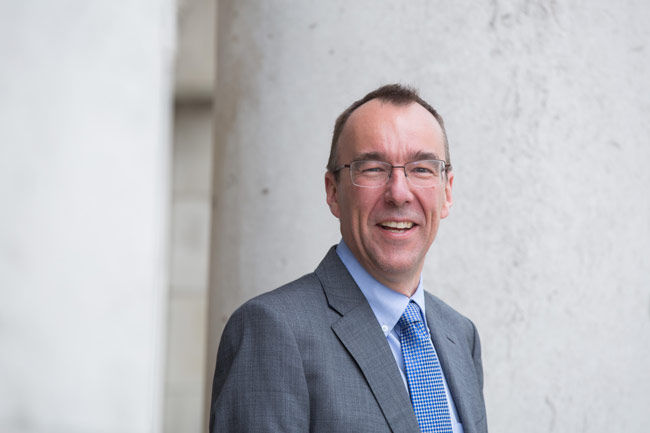Once the frenetic rush of the academic year begins, being a lecturer and being a student in Trinity have a lot of things in common. Day-by-day, week-by-week, whether teacher or student, we are all focused on the next lecture, the next seminar, the next essay or lab experiment. We might be on different ends of the classroom, but that total immersion in the work is something we all share.
This year is going to be a bit different. Last year, Trinity initiated a major review of its undergraduate curriculum, which came to be known as the Trinity Education Project. The impetus for the review came from the university’s seven-year strategic plan, launched in 2014, which agreed the need to “renew the Trinity education” as a major goal. Does Trinity’s education really need renewing, some might ask? In many respects, what we do is already very good. However, this is no reason to be complacent and not to see how we can continue to grow and improve as an institution.
In many respects, what we do is already very good. However, this is no reason to be complacent and not to see how we can continue to grow and improve as an institution
Over the past academic year, a working group started with the basics, not by asking what a student learns during their years at Trinity (as if minds were simply vessels to be filled), but by asking what a student becomes. It wasn’t an easy question to answer. In the end, after talking to as many people as possible – staff and students – across the university community, four answers emerged. A Trinity graduate would be someone who could “think independently, act wisely, communicate effectively and develop continuously”. A tall order, perhaps. Some days, I think that I would be doing well if I managed one or two of them. However, as guiding lights for thinking about the kinds of people we want to be, they are useful.
The “graduate attributes”, as they are called, are, of course, abstractions. The real work starts now: how do we reshape our undergraduate curriculum to help students become independent thinkers, willing and able to act wisely, capable of communicating ideas effectively, and all the while developing continuously, not just during college years, but over the course of a lifetime?
A Trinity graduate would be someone who could “think independently, act wisely, communicate effectively and develop continuously”
It’s easy enough to say this but very complex to implement. The work will involve reshaping the academic year, introducing a second exam period at Christmas (something student surveys have long called for), reshaping entry routes, giving students more choice in their course of study, challenging the way we think about assessment, changing the way the timetable works, making more and better opportunities to study abroad for a year and more. As Vice-Provost, working on this transformation will be the biggest task I’ll face over the next year.
So, I will be contributing a more-or-less regular column on Trinity Education Project to The University Times. I’m mainly doing this so as to engage as many people as possible in the discussion. At the same time, I’m one of those people who sometimes thinks most clearly when they write. Therefore, writing a regular column will give me the chance to reflect on what we are doing as we reimagine of one of the most fundamental things that we do in a university – educate. The conversation on implementation starts here.
Prof Chris Morash is the Vice-Provost and Chief Academic Officer of Trinity College Dublin, and is Project Sponsor of the Trinity Education Project. This is the first in his series of columns about the project.







